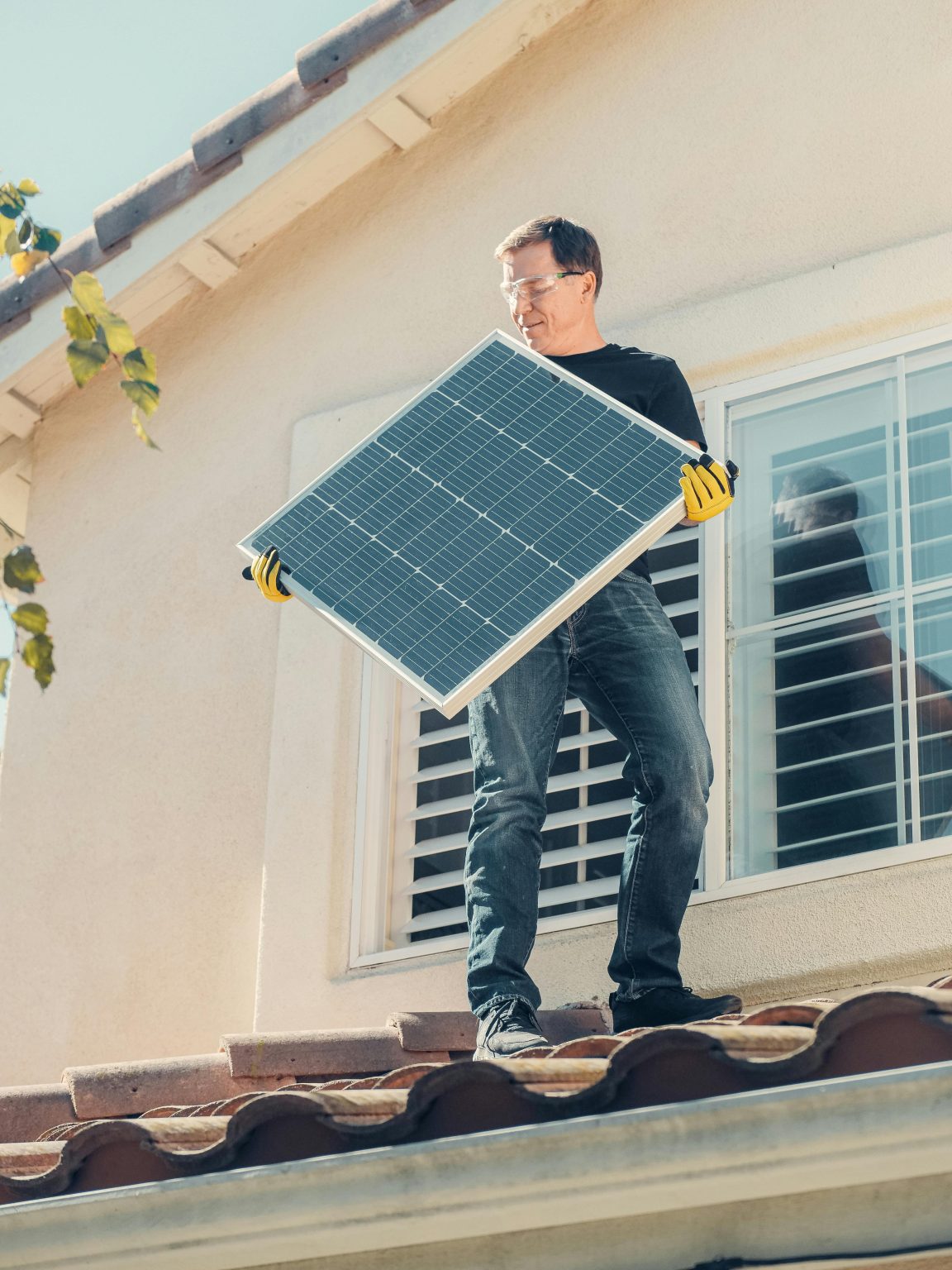Sustainability has become more than a trend — it’s a necessity. As the world faces rising energy costs and increasing awareness of climate change, more homeowners and businesses are exploring renewable solutions. Among the available options, solar energy has emerged as one of the most practical and impactful ways to reduce environmental footprints while also creating long-term financial benefits.
Why Solar Energy Matters Today
For decades, the UK has relied heavily on fossil fuels for power, but this approach is no longer sustainable. Fossil fuels contribute significantly to greenhouse gas emissions, and their volatility in supply chains has caused fluctuating energy bills for households and businesses alike. Solar power, by contrast, harnesses an abundant, renewable resource — sunlight.
Unlike finite fuels, solar energy is inexhaustible and produces no emissions once panels are installed. For eco-conscious individuals, this represents a direct way to reduce reliance on harmful energy sources while supporting a cleaner planet.
Solar Energy and Everyday Living
One of the reasons solar power has gained traction is its adaptability to modern life. Panels can be fitted to homes, offices, and even outbuildings, making it easier than ever to integrate renewable energy into daily routines. Homeowners benefit from lower energy bills, while businesses reduce overheads and show commitment to sustainability.
What makes solar especially attractive is its ability to pair with other technologies. Energy storage batteries allow users to keep excess electricity generated during the day for use at night, while EV chargers powered by solar panels bring transport into the renewable cycle. This creates a holistic approach to sustainable living.
The Financial Benefits of Solar Power
While sustainability is a major motivator, cost savings are equally important for many households. Once installed, solar panels can significantly reduce electricity bills by generating power onsite. As energy prices continue to rise, this independence becomes more valuable.
In addition, government incentives and schemes in the UK have encouraged adoption, making solar panels more affordable and financially viable. Over time, many homeowners find that their investment pays for itself, all while contributing to a greener future.
Solar Energy’s Role in the Wider Community
Solar doesn’t just benefit individual homes — it supports communities too. Larger installations on schools, businesses, and community centres can lower running costs and demonstrate leadership in sustainability. Widespread adoption reduces demand on the national grid, making the overall energy system more resilient.
This ripple effect shows how individual choices contribute to broader environmental progress. By choosing renewable energy, homeowners inspire neighbours, businesses, and local organisations to consider their own role in the shift toward sustainability.
The Importance of Expert Guidance
While solar panels are more accessible than ever, successful installation requires expertise. From choosing the right system size to ensuring safe, efficient fitting, working with specialists is key. Providers like Sheffield Renewables bring valuable knowledge, offering tailored solutions that maximise performance and align with each property’s unique needs.
Professional input also ensures that solar systems integrate effectively with existing energy infrastructure, such as storage batteries or EV charging points, unlocking even greater benefits for the household or business.
Final Thoughts
The role of solar energy in sustainable living continues to grow. It provides a clean, renewable alternative to traditional energy sources, reduces household costs, and empowers communities to take control of their environmental impact.
By embracing solar, individuals are not only investing in their own future but contributing to a wider movement toward sustainability.


